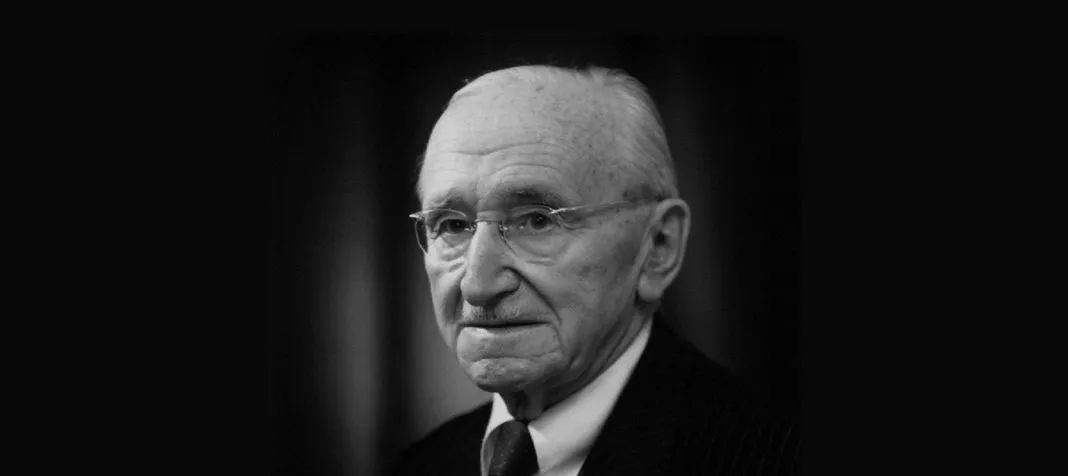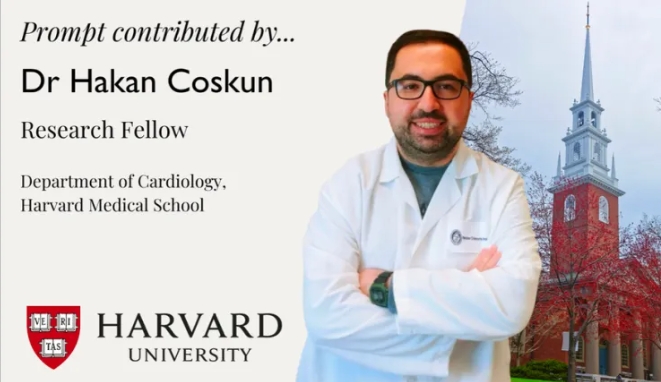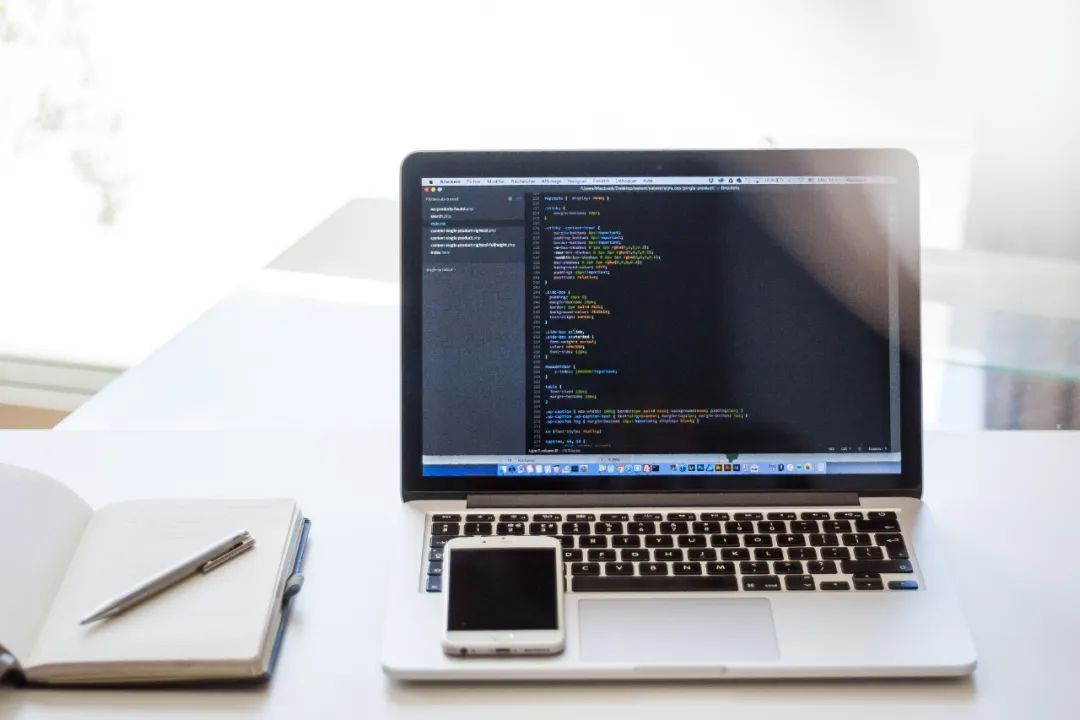
Student Research Projects in History
Student research projects in history are an important aspect of learning that allow students to delve deeper into various historical events, figures, and time periods. Through these projects, students can enhance their critical thinking skills, research abilities, and knowledge of the past. The following will explore the benefits of student research projects in history and provide tips for conducting successful projects.
1. Enhancing Critical Thinking Skills
One of the key benefits of student research projects in history is the enhancement of critical thinking skills. By exploring primary and secondary sources, students learn how to analyze information, evaluate different perspectives, and draw their own conclusions. This process encourages students to think critically about historical events and develop their own interpretations.
Furthermore, conducting research projects requires students to form logical arguments, defend their viewpoints, and respond to counterarguments. This helps students develop their reasoning abilities and improve their ability to convey complex ideas effectively.
Overall, student research projects in history provide a valuable opportunity for students to engage in high-level critical thinking and develop important analytical skills that are essential for success in academic and professional settings.
2. Building Research Abilities
Another important aspect of student research projects in history is the opportunity to build research abilities. Through these projects, students learn how to identify reliable sources, gather relevant information, and synthesize their findings into a cohesive argument. This process helps students develop their research skills and learn how to navigate through vast amounts of historical information.
Additionally, conducting research projects encourages students to explore different research methods, such as archival research, oral histories, and digital archives. This exposure to various research techniques allows students to broaden their skills and develop a versatile approach to historical inquiries.
By conducting research projects in history, students not only enhance their ability to collect and analyze information but also gain experience in the research process, which is a valuable skill for future academic and professional endeavors.
3. Gaining Knowledge of the Past
Student research projects in history also provide an opportunity for students to gain a deeper understanding of the past. By exploring specific historical events, figures, or time periods in detail, students can immerse themselves in the complexities of history and gain insight into the experiences of people from different eras.
Through their research projects, students can uncover lesser-known historical facts, challenge common historical narratives, and explore the nuances of historical contexts. This process allows students to develop a more nuanced understanding of the past and appreciate the complexities of historical interpretation.
Overall, student research projects in history enable students to engage with the richness of historical knowledge and develop a deeper appreciation for the complexities of human history.
4. Tips for Successful Research Projects
When embarking on a student research project in history, it is important to start by selecting a research topic that is both interesting and manageable. Consider choosing a topic that aligns with your interests, but also allows for in-depth research and analysis.
Next, develop a research plan that outlines the key questions you want to investigate, the sources you will use, and the research methods you will employ. Be sure to consult with your teacher or mentor to get feedback on your research plan and make adjustments as needed.
As you conduct your research, be sure to keep detailed notes, cite your sources accurately, and stay organized throughout the process. Consider creating an outline to structure your research findings and help guide your analysis and argumentation.
Finally, be prepared to revise and refine your research project based on feedback from your peers, teachers, or mentors. Use constructive criticism to strengthen your argument, improve your analysis, and ensure the clarity and coherence of your research project.
Conclusion
Student research projects in history offer an invaluable opportunity for students to enhance their critical thinking skills, research abilities, and knowledge of the past. By engaging with primary and secondary sources, developing logical arguments, and exploring historical events in detail, students can gain a deeper understanding of history and develop important academic and professional skills. Through careful planning, diligent research, and thoughtful analysis, students can conduct successful research projects that contribute to their overall growth and development as historians and scholars.
Q&A
Question: How can I choose a research topic for my history project?
Answer: When choosing a research topic, consider your interests, the availability of sources, and the scope of the project. Look for a topic that allows for in-depth research and analysis, but is also manageable within the timeframe of the project.
Question: What are some tips for conducting effective historical research?
Answer: Be sure to consult a variety of primary and secondary sources, critically evaluate the reliability of sources, and consider multiple perspectives on historical events. Keep detailed notes, cite your sources accurately, and maintain a clear focus throughout your research process.
Question: How can I improve the quality of my research project?
Answer: Seek feedback from peers, teachers, or mentors, and be open to constructive criticism. Revise and refine your research project based on feedback, strengthen your arguments, and ensure the clarity and coherence of your analysis and findings.







